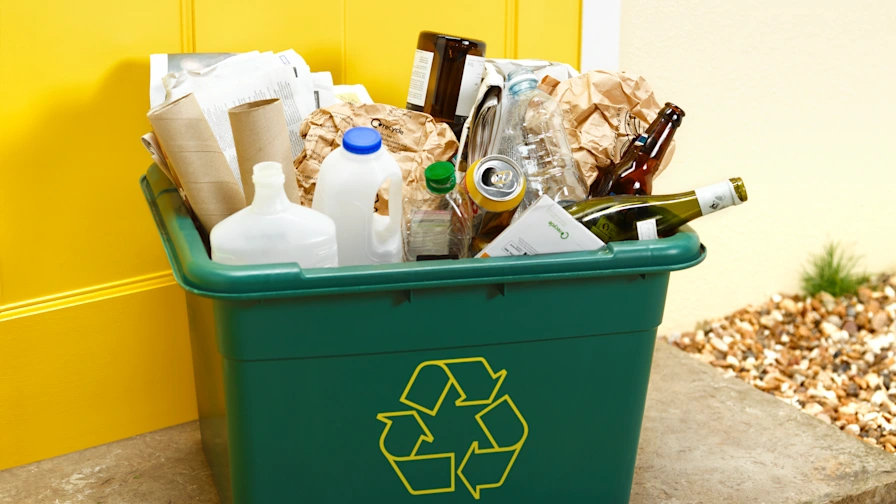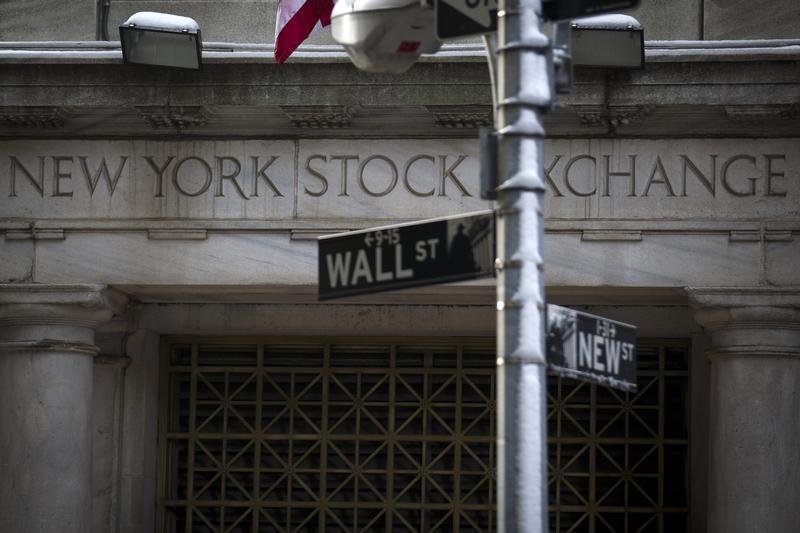New York, NY – Beginning April 1, New York City will begin enforcing fines on belongings proprietors who fail to comply with its obligatory composting utility, sparking backlash from landlords and property managers. The citywide initiative, added in October 2024, requires food scraps, food-soiled paper, and outdoor waste to be located in separate compost containers in choice to being disposed of with everyday trash. While officials say the flow is essential for sustainability and pest control, many landlords argue that they may be being unfairly tasked with enforcement.
A New Era of Waste Management
The composting application is part of New York City’s ongoing try to lessen landfill waste, diminish greenhouse gas emissions, and mitigate rat infestations. The Department of Sanitation (DSNY) has emphasized that composting is as fundamental as placing apart recyclables, which has been required for many years.
“Think approximately it this manner—we’ve been required to break up recyclables for twenty years. This is just the equal, a brand new fabric kind now covered,” stated Joshua Goodman, deputy commissioner for sanitation.
Under this system, food scraps and exceptional natural waste may be processed into compost, transformed into renewable electricity, or otherwise repurposed as opposed to contributing to landfill overflow. The metropolis claims the initiative will significantly reduce down on waste sent to landfills on the equal time as improving sanitation.
Landlord Opposition Grows
While the town envisions the program as a step closer to sustainability, many belongings proprietors see it as an unfair burden. Landlords argue that whilst they’re accountable for compliance, they lack the legal authority to force tenants to split waste well.
“The regulation basically amounts to supers having to dumpster dive via trash with a purpose to comply with the composting regulation the metropolis has mandated,” stated Kenny Burgos of the New York Apartment Association. “It’s a law that is going to be highly tough to comply with.”
Brooklyn property owner Christopher Athineos, whose family manages 100 residential units, echoed these worries, calling the mandate both impractical and risky.
“I mean, it’s nasty stuff, and it’s nasty and it’s dangerous,” Athineos stated. “Why have to assets proprietors, porters, building owners, superintendents have to show themselves to this?”
Athineos additionally expressed frustration over the incapability of landlords to keep tenants accountable, noting that at the same time as he can train citizens about composting, he cannot put into effect compliance.
“I, as a assets proprietor, haven’t any ability to enforce it on my tenants. I can teach as a lot as possible, I can reason with them and give an explanation for all of the motives why we need to try this, but in the end I haven’t any tooth to put into effect it,” he stated.
How the Fines Work
Under the new enforcement plan, fines may be issued based on building size:
- Buildings with up to 8 residences face fines starting at $25, escalating to $100 for repeated violations.
- Buildings with nine or extra gadgets face fines beginning at $one hundred, increasing to $300 for persevered non-compliance.
While the preliminary fines may also seem low, many landlords fear they may upload up speedy, mainly for buildings with excessive tenant turnover and inconsistent waste disposal behavior.
A Citywide Challenge
For tenants, this system’s fulfillment depends on sizeable participation. While a few citizens have embraced composting, others remain indifferent or unaware of the requirements. The mission of ensuring compliance is particularly suggested in large condominium homes, where person obligation can be hard to track.
The metropolis has supplied free brown compost boxes to residential homes and is selling schooling campaigns to encourage participation. However, many belongings managers remain skeptical about whether or not those measures will be sufficient.
“We’re inclined to paintings with the town,” stated a property proprietor from Queens. “But we need clean hints and support, not just fines. Holding landlords accountable with out giving us any strength to put in force this on tenants isn’t a fair system.”
The Future of Composting in NYC
Despite the pushback, the town stays company in its dedication to composting. Officials argue that comparable applications have succeeded in cities like San Francisco and Seattle, and that compliance will enhance over time as citizens regulate to the new policies.
“This isn’t pretty much cutting waste; it’s about making New York a cleaner, greener area to stay,” said Goodman. “We realize there could be developing pains, however we consider this program will ultimately advantage every person.”
As the enforcement date approaches, both town officials and landlords are bracing for what may be a contentious transition. While fines might also encourage compliance, the real check can be whether New Yorkers include composting as a ordinary a part of their waste disposal habits—or whether or not the town’s property owners retain to ward off towards what they see as an unfair coverage.




